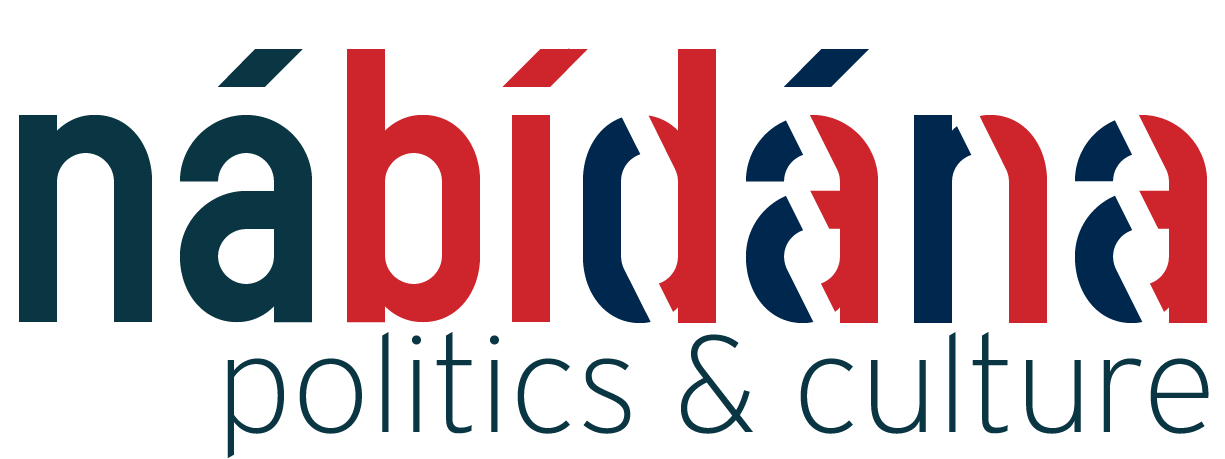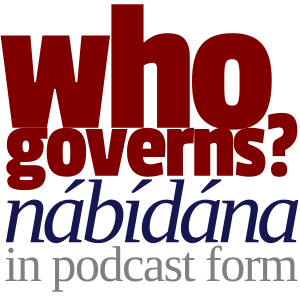The announcement of proposed cuts to BBC services has been overwhelmingly welcomed by commercial broadcasters and judged as too timid by many conservatives. Yet the proposed changes and the timing represent serious challenges for the Conservatives as a party, and we should be immensely wary of too wholehearted an appetite for the cuts. Unless we want to contribute to Gordon Brown’s dividing lines strategy and alienate the entire staff of the BBC, we need to be very careful.
Broadcast wing of the welfare state
That the BBC is an institution fundamentally biased in its coverage in favour of the Labour party is established and common ground; a pseudo Marxist organisation paid for in an enormous tax, it truly is the broadcasting arm of the welfare state. It does some things exceptionally well; the nature documentaries, the provision of regional and national radio relevant to local communities etc. But it is enormous, it stifles the emergence of new media commercial broadcasters and provides a haven for daytime and weekend mediocrity.
So it must be cut. It really does need to lose lots of its fat, in order to make way for programming with real value to the people who pay for it. Out need to go the Jonathan Ross and Graham Norton phenomena. Out needs to go the commissioning bias in favour of mediocre crap just to feed the daytime schedules. Back in needs to come educational content, documentaries and adaptations of literary classics. The BBC should be unashamedly high-end, and should leave commercially viable forms of programming to those who wish to turn a profit making it.
6Music and Asian Network are not the areas to cut
But cutting BBC 6 Music and The Asian Network is a mistake, pure and simple. These channels provide outlets which simply are not available or viable for commercial or regional stations, and support the BBC’s key mission as a public broadcaster to meet the needs of the public.
The introduction of new and unknown talent to a listening audience, an enthusiastic audience who participate in the cultural life of the nation all the time is clearly a role for the national broadcaster. The 6Music brand is a brave, credible and respectable motif, a celebration of our culture and a resource for lovers of music.
Some argue that’s the role of Radio 1; isn’t it supposed to be the vibrant arm of the BBC? On some shows it is, certainly. The excellent ‘introducing…’ does some of the job of showcasing new talent, but it’s a shining beacon of a show on the station essentially dedicated to providing the national background noise. 6Music is a whole station for music lovers, and with no commercial obligations it provides an essential freedom to its broadcasters. Tories can certainly support that.
That the BBC is seriously considering scrapping the Asian Network seems even sillier to me. An inoffensive network broadcasting nationally to the varied and diverse Asian communities, it is exactly the sort of broadcasting which just wouldn’t come from a national commercial station. Asian Network particularly aims to provide quality access to radio to groups we’re too often quick to label ‘disaffected’ and ‘voiceless’. It seems to me to provide a function worthy of maintenance. It seems to me to provide a more valuable political and economic function than the execrable ‘One Show’ and provides about 700 times the value of the combined daytime TV output.
Suspect timing
I am suspicious of the timing of the announcement from the Trust. Whilst they may have felt it was necessary to pre-empt any cuts which the future government might wish to impress upon the broadcaster, announcements like this which clearly have a whiff of political controversy about them are likely to be damaging to the impression BBC staff have of the Conservatives. We need to be clear that these are not tory proposals, they are BBC Trust proposals. We need to be clear that, although the direction of travel is one of which we broadly approve, the route to destination is one we should feel less than comfortable with.

